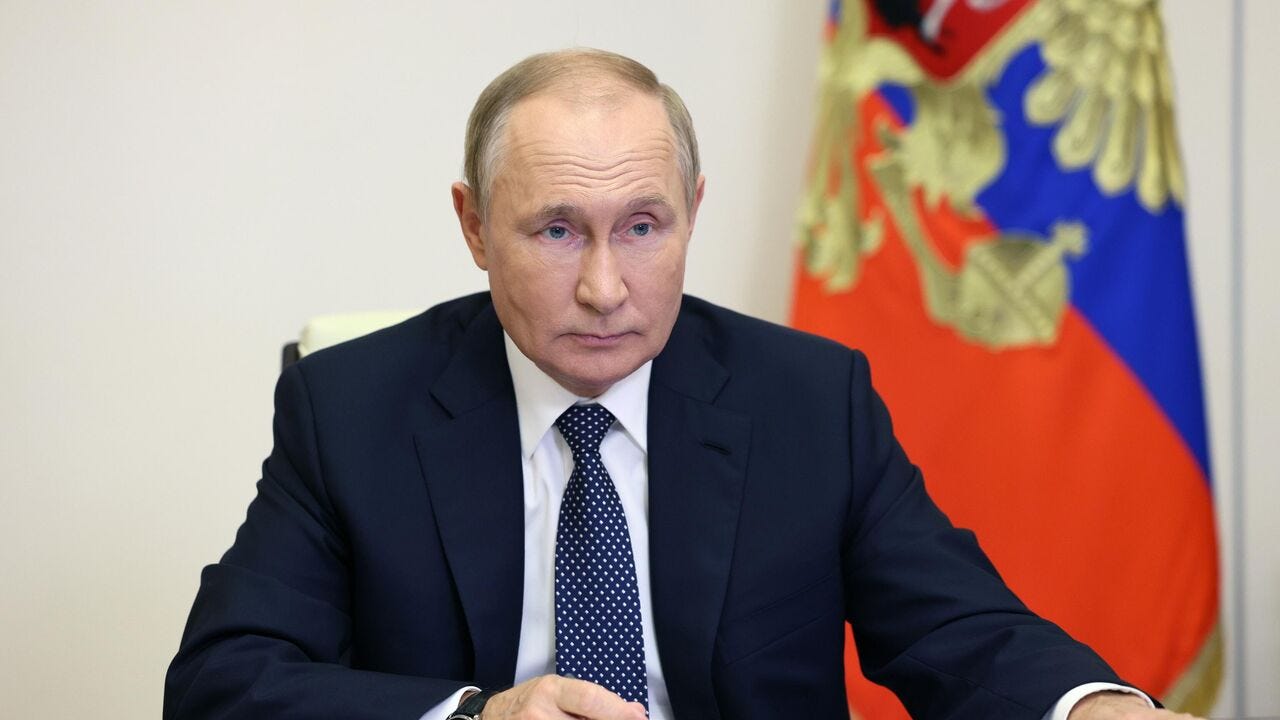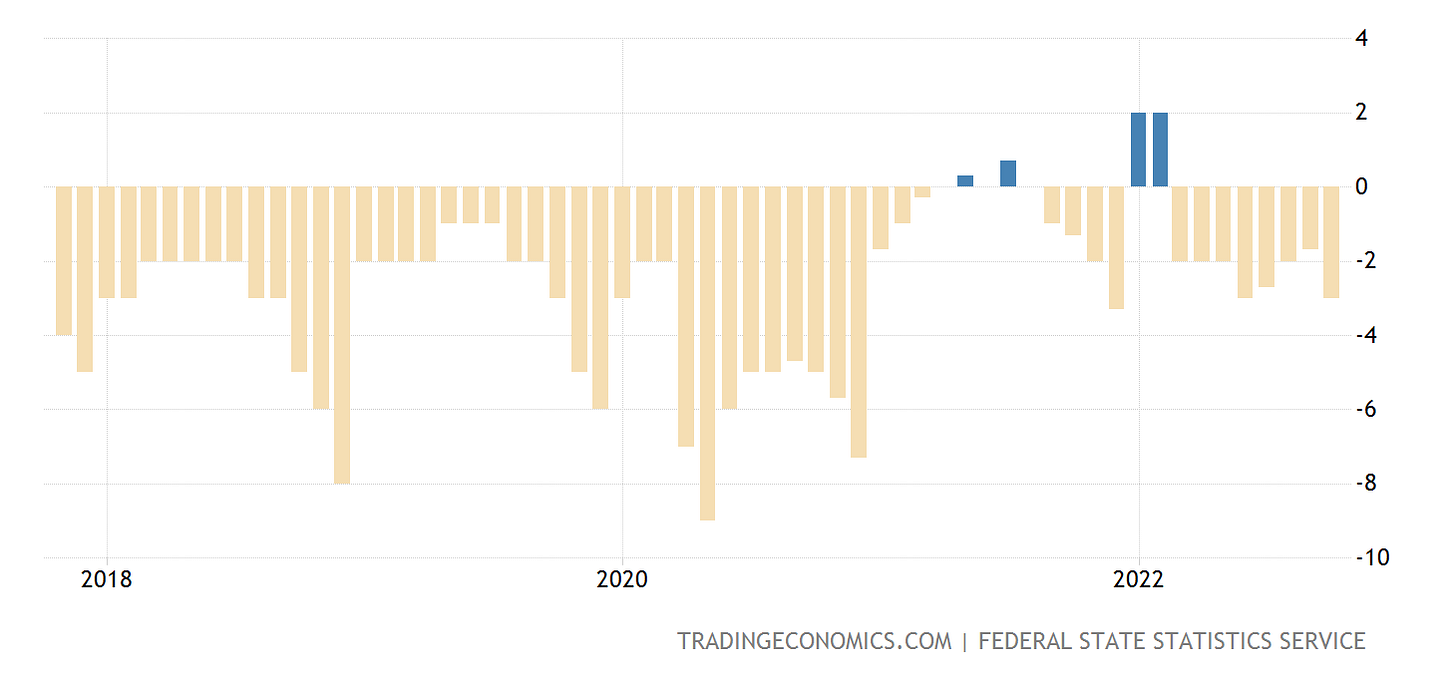Russia has yet to resolve the challenges of providing its forces in Ukraine with adequate supplies and equipment.
We know this because none other than Vladimir Putin has said substantially that, stating that Russian companies need to step up and improve the quality (and, one imagines, the quantity) of supplies for front-line forces in Ukraine.
Russian President Vladimir Putin at a meeting with members of the Coordinating Council under the government to meet the needs of the Armed Forces called for improving the process of supplying military equipment to the army.
According to him, it is necessary not only to increase the number of weapons, but also their quality. The head of state stressed that in this regard, direct interaction between manufacturers of equipment and those who use it is extremely important.
Ironically, Putin downplayed the need for “extraordinary measures” in a meeting of what is undeniably an “extraordinary measure”, the Coordinating Council, which Putin cobbled together at the end of October.
Extraordinary measures to meet the needs of the Armed Forces (AF) of the Russian Federation are not needed, Putin said. At the same time, the head of state pointed out the need for clear coordination between various structures. "We agreed, and there is no need to introduce any extraordinary measures, nothing needs to be done, but it is necessary to establish clear, high-quality, well-coordinated work," Putin said. According to him, this is useful, and in the current situation it is necessary in order to provide the Armed Forces of the Russian Federation with everything necessary during the special operation in a timely manner.
If Russian industry was meeting the needs of the Russian military, there would be no need for a special Coordinating Council. Formed on the heels of Russia’s “partial mobilization”, the Coordinating Council, by its very existence, is tacit confirmation that Russia is not entirely successful in providing adequate supplies to its front-line troops in Ukraine.
Part of Russia’s supply problems stem from the reality of Russia’s shrinking industrial output. In each of the past seven months, Russia has struggled with declines in industrial output.
It is also tempting to attribute at least part of the ongoing logistics and supply problems for the Russian armed forces to a generally negative outlook among Russian businesses and manufacturers, which have exhibited a generally negative outlook on Russia’s business climate for years.
And even though Russia’s inflation rate has moderated in recent months, it still is extraordinarily high—higher than Europe or the United States, going by the “official” numbers.
An unhealthy economy is never a good foundation for provisioning troops in a foreign military adventure, even when that adventure is just across one’s own border.
Russia’s war of attrition with Ukraine will ultimately hinge on Russia’s ability to supply its forces with the necessary supplies and equipment with which to wage war. Right now, to call that ability “challenged” is almost certainly being too kind by half.







I asked for input on your Substack on theduran.local.com and all I got was this reply, so you seem to be correct on facts even if you are missing the facts on economics in the west, and now Ukraine is dark - All facts matter!
Evil Russian Imperialist@Russ_Imperialist wrote (So take all of this with a grain of Iranian drones):
to> @HenrikWallin "For one the pearls ar too small, while for another the soup is too thin".
As the army would never be too ready for upcoming war (you can be even more ready, no matter how long you prepare), so the already fighting regiments can always be better supplied. Basic needs are met for the absolute most of the troops. Can they be better supplied? Sure. Is it meaningful, or does it only postpone the start of operations? Every case is unique, and it can't be generalized.